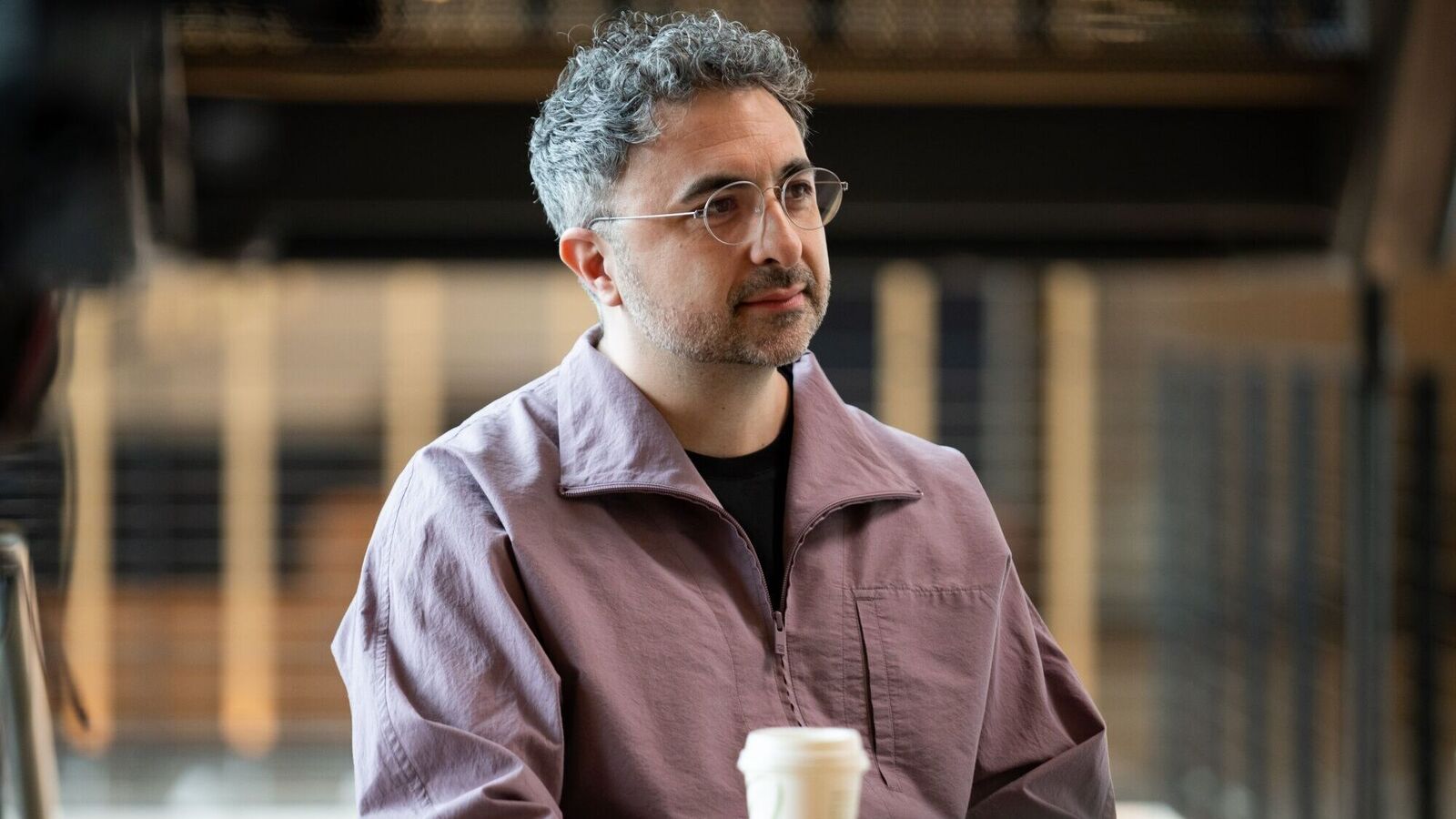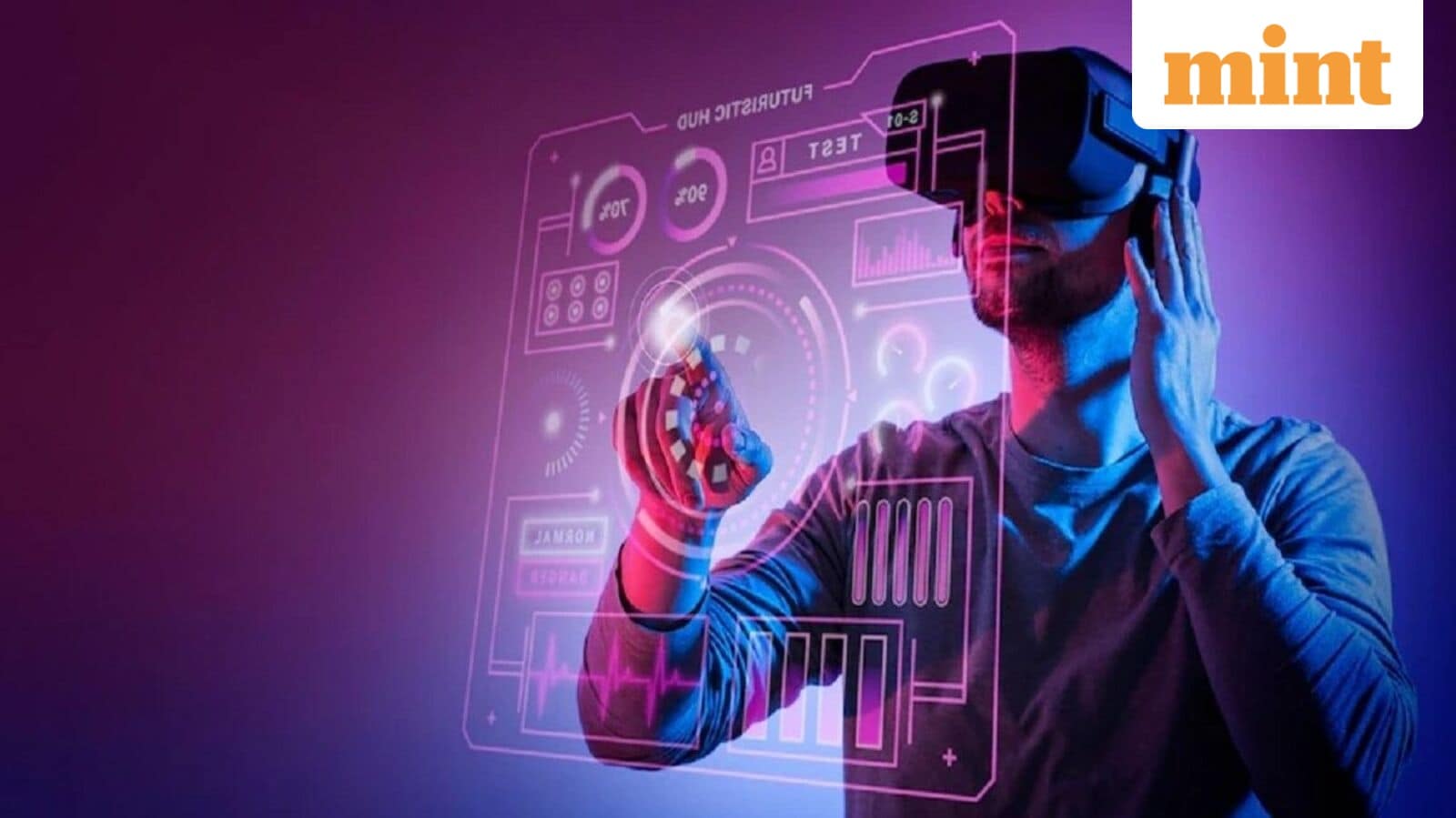Microsoft AI chief Mustafa Suleyman says he fears AI may one day demand rights, citizenship

Microsoft AI Chief Mustafa Suleyman has stated that he is worried about AI systems seeming too alive. Suleyman while talking about the phenomenon of “Ai psychosis” stated that these news models are capable of convincing users that they have feelings, and a seemingly conscious.
Suleyman, however, isn’t talking about a doomsday scenario where AI actually becomes smart enough to understand these things and take over the world but a situation where people start forming delusions about their AI like thinking it is a God or a lover or digital person believing that it is conscious.
In a blogpost last week about his concerns, Suleyman wrote, “My central worry is that many people will start to believe in the illusion of AIs as conscious entities so strongly that they’ll soon advocate for AI rights, model welfare and even AI citizenship.
Notably, a recent research by EduBirdie had revealed that most GenZ users of AI tools believe that while AI systems aren’t yet conscious but they will be soon while a large chunk (25%) believed that AI is already conscious.
Meanwhile, there have been various instances of people developing feelings for their AI or doing tasks at the behest of their chatbot. Recently after OpenAI decided to deprecate GPT-4o model, many users took to the decicated sub-reddit to share their passion for bringing back the model to the point where many even considered that model a friend or a companion to them.
“It feels different and stronger than the kinds of attachment people have had to previous kinds of technology” OpenAI CEO Sam Altman had also warned in a recent post on X.
“People have used technology including AI in self-destructive ways” Altman added.
Mustafa Suleyman on AI companions:
Suleyman also talked about the need to put in guardrails in order to protect people. He said, “We must build AI for people; not to be a digital person. AI companions are a completely new category, and we urgently need to start talking about the guardrails we put in place to protect people and ensure this amazing technology can do its job of delivering immense value to the world.”
“I’m fixated on building the most useful and supportive AI companion imaginable. But to succeed, I also need to talk about what we, and others, shouldn’t build.” Suleyman added




